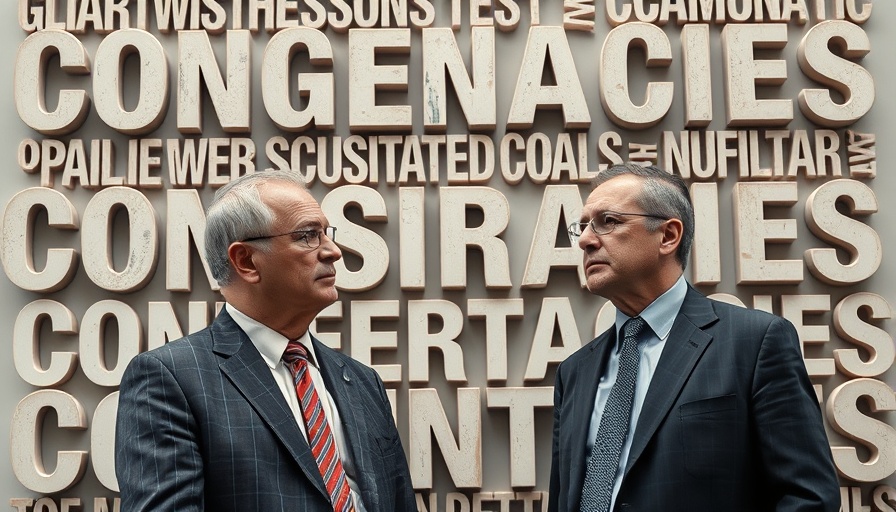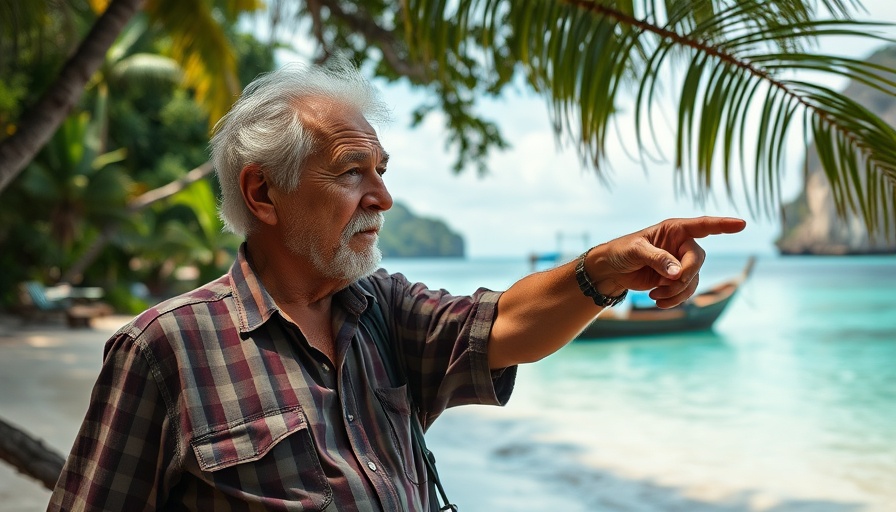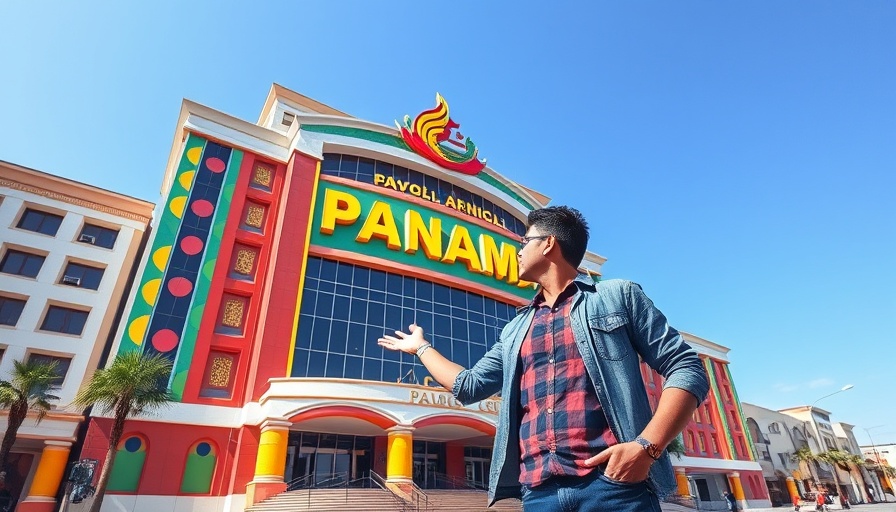
Crime and Trust: A Deeper Look at Costa Rican Society
In the latest episode of the 'Living in Costa Rica' podcast titled Crime in Costa Rica - Do Ticos Trust Each Other?, hosts Allan and Rebecca delve into the complex dynamics of trust within Costa Rican culture. They aim to provide a realistic portrayal of the social landscape for newcomers and expats in Costa Rica. While the hosts acknowledge the beauty and charm of the nation, they also emphasize the importance of being cautious and aware of potential fraud and scams.
In 'Crime in Costa Rica - Do Ticos Trust Each Other?', the discussion dives into the cultural realities that impact trust and safety, sparking deeper analysis on the topic.
Understanding Community Dynamics
As Allan and Rebecca discuss, the notion of trust among Ticos (Costa Ricans) and between Ticos and foreigners is nuanced. The podcast highlights a surprising reality: even in a society generally known for its friendliness and hospitality, trust can be elusive. Throughout their experiences living in Costa Rica since 2013, both hosts have encountered various instances where outsiders, particularly tourists, can find themselves at risk of being cheated or taken advantage of.
In fact, Allan shares that he initially believed that a fellow Tico would never cheat another Tico, but his perspective shifted over time. “Will a Tico con another Tico?” he poses, suggesting that cultural norms may allow for opportunistic behavior, especially when money is involved.
Cultural Context: It's Complicated
Allan discusses how the economic landscape in Costa Rica often fosters a mentality of survival. With a significant portion of the population living on limited incomes, the struggle for financial security can lead to unethical behavior. He argues that the issue of crime and fraud in Costa Rica is deeply ingrained in societal norms, where it's sometimes viewed as a badge of honor to outsmart someone—especially a foreigner perceived to have more economic resources.
This perception creates a tense environment where mistrust can thrive, making it increasingly important for expats and travelers to engage with the culture through a careful and educative lens. Understanding the interplay between desperation and ethics may help newcomers navigate this complex social terrain.
Learning Valuable Lessons
The podcast serves as a warning for future travelers and expats: "Do not be gullible. Be cautious and aware." Rebecca’s sentiments echo throughout the episode, advising against trusting too quickly. The podcast encourages listeners to be observant and maintain a healthy skepticism without allowing fear to dictate their experiences.
Allan illustrated this point with a personal story of his neighbor, who accepted a tiny deposit from a tour guide for a large group of tourists, only to lose thousands when the guide failed to deliver on his promises. Such stories underline the importance of having a solid support network and recommendations from trusted locals. Expats are advised to engage with the community while staying alert about potential deceit.
What Does Trust Mean in Costa Rica?
The discussion also touches upon the cultural implications of trust and ethics in business dealings. Allan remarks that many locals may feel justified in charging higher prices to foreigners, operating under the belief that tourists expect to pay more. Such mindsets contribute to a culture of opportunism, where even seemingly benign transactions can have underlying motivations driven by economic necessity.
This cultural nuance becomes particularly critical for retirees and expats who might not only find themselves interacting with locals but also in scenarios where they need services, such as vehicle repairs or home renovations. Allan prompts, "Trust is something that you must earn," highlighting that caution isn’t merely about outsiders; it’s also about interacting fairly with locals.
Conclusion: Navigate with Awareness
The insights shared in the podcast illustrate that while Costa Rica offers a beautiful and welcoming environment, it is essential to equip oneself with knowledge about the cultural and ethical landscape. Fraudulent activities may occur more frequently than anticipated, making it crucial for expats to approach new relationships and transactions mindfully.
The strategies for minimizing risk include thorough research, building genuine connections, and maintaining an attitude of skepticism. Those considering moving to or visiting Costa Rica should immerse themselves in local experiences while staying aware of the complexities of trust. By doing so, they can enjoy all that this remarkable country has to offer while protecting their interests.
For more tailored advice and insights, consider reaching out for assistance as you navigate your journey in Costa Rica. Make informed decisions that will enrich your experience and safeguard your peace of mind.
 Add Row
Add Row  Add
Add 




Write A Comment